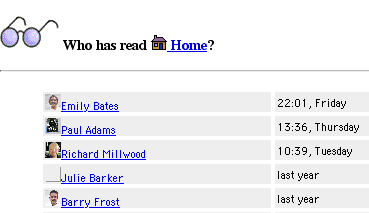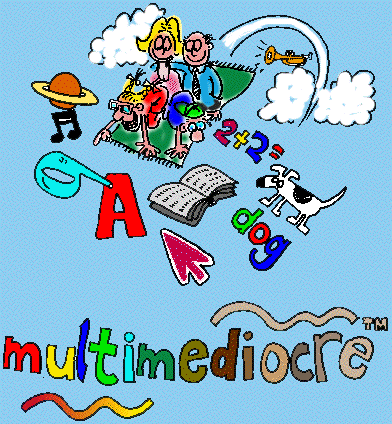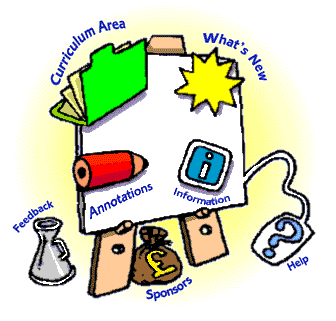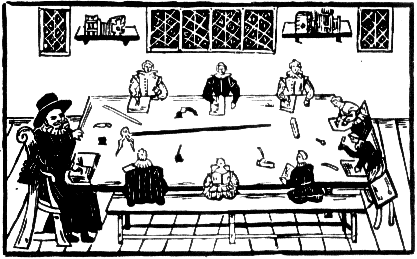European Knowledge Centre UK
| When | Mar 06, 2000 |
|---|---|
| Where | Reading |
My presentation:
Effective Virtual Community Development
| Issue | What does it mean | Examples |
|---|---|---|
| Communication | People like to communicate. Although the web has been used extensively as a broadcast medium, when given the chance, people use simple messaging more than anything else. | The DTI funded Schools Online project which involved about 100 schools in an online community where participants could create web pages, engage in discussion and make shared bookmarks to useful resources. More than half of all items created were 'posties' - short messages sent from person to person.
|
| Participation | Sharing the power - giving everyone the tools to create discussions or other objects - creates a strong sense of ownership and thus involvement. | The Learning in the New Millennium project has successfully given equal roles to school kids and adults leading to effective learning debate across age groups. |
| Identity | A commitment to your identity brings further sense of ownership, consistent authorship and a sense of 'being there' , promoting to responsible behaviour. | In each of the projects above, a strong sense of individual identity has been supported by 'passports' and resumés.
|
| Currency | Knowing when information was produced and updated leads to confidence - surprising how often this is omitted. Creating automatic mechanisms seems best. This can also be extended to seeing who and when an item has been viewed. |  |
| Purpose | Having a clear reason for engaging in an online community with a sense of purpose increases effective contribution. | The Tesco SchoolNet 2000 project - in which children contributed well-structured pieces based on their experiences - will be in the Guinness Book of Records for largest educational web community. |
| Closure and milestones | How is a debate to end? How can one be fully committed to an open ended discussion? What will allow purpose to be fulfilled? Online activities need an endpoint, whether a deadline or some kind or fulfilment (e.g. all participants have contributed.) | Teaching online - the IMICS scheme has included online modules since 1995, but it has been a learning curve for tutors to get the entitlements and responsibilities right for effective teaching and learning.
|
| Mediation and summary | Asking a human to mediate (kick-off, intervene to progress, close and summarise) is considered essential for productive activity. Only unneccessary, perhaps, when participants already have substantial existing relationship or shared need. | Of course this is not new - teachers have always had this rôle.
Carole Chapman and Leonie Ramondt's paperaddresses these issues amongst others.
|
| Discourse Structure | Technology allows us to structure discourse by a variety of constraints and presentation modes. Little is known about how they will work, but in many face-to-face contexts, constraint can help discussion develop. | Questions include:
|
| Scaling it up | What works for 30 participants may not be best for 3 million. How do we create sub-community? What are good guidelines for participants in online activity? Does it vary depending on the discourse structure? | The virtual college for leadership has 1300 participants and may be expanded to all teachers.
The software (known as Scoop to early adopters) also may expand to all children, worldwide!
|
| Profiling | Storing the facts about yourself on a web site can allow the automated searching of appropriate resources including like-minded others. Add judgements about your capability and it can also help you to see where you fit in or where you stand out. | The mPowernet NOF scheme is experimenting with online profiling to help teachers engage in reflective practice to improve ICT skills.
TeacherNet UK also plans to develop online profiling driven by a teacher centred view of training needs and everyday challenges.
|
| Multimedia and delight! | So far, almost all online communities demand strong textual literacy and preference.
Why not audio / video / visual modes? Why not as delightful as a multimedia CD-ROM can be? |
 |
Millwood, R. 2000 'Presentation to the European Knowledge Centre UK', Seminar 2, 7 March 2000 published in Leask, M. (200c ibid.) Seminar 2 Report: 'Classroom practice and educational research: using ICT to build European networks for innovation and change', mimeo, Bedford: De Montfort University
cited in Leask, M. 2001, 'Issues in Teaching using ICT', Routledge Falmer
(Words: 886 )








